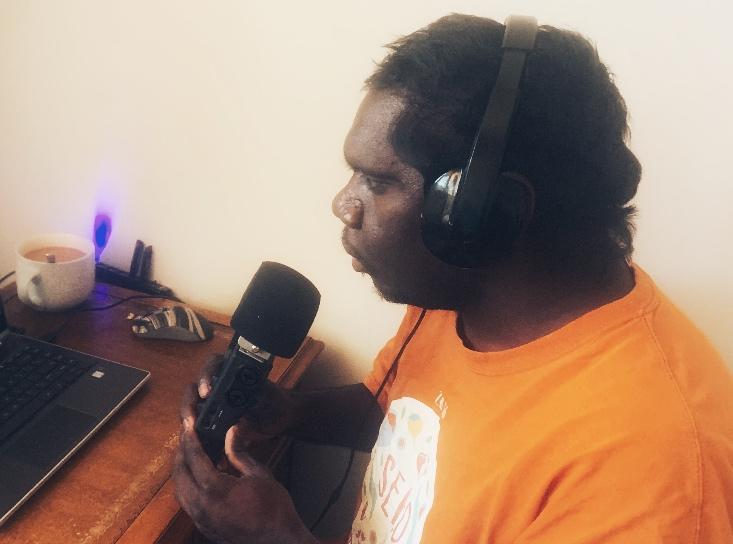The Importance of Aboriginal and Torres Strait Islander Language Translators & Interpreters During COVID-19
Since COVID-19 was declared a pandemic and measures were taken to prevent its spread throughout Australia, Aboriginal and Torres Strait Islander language interpreters and translators across Australia have been working around the clock to ensure their communities are informed of the risks, rules, safety measures and progress regarding the pandemic at each stage.
Aboriginal and Torres Strait Islander communities, especially those in remote areas, are particularly vulnerable to the impact of COVID-19, due to the high rate of chronic disease and reduced access to health care.
There are currently 40 Aboriginal and Torres Strait Islander languages in Australia that have NAATI certified interpreters. NAATI acknowledges the significance of this work during the COVID-19 pandemic, and its contribution to a connected community without language barriers.
Lance MacDonald is a senior interpreter based in Alice Springs. Mr MacDonald shared with NAATI his pride at the way the interpreting industry had mobilised in a unified way. “I’m proud of the work of interpreters in Australia for passing messages about COVID-19 to the people. This is a global challenge and it’s important that we can share information” he said.

AIWA interpreter, Gail Yorkshire, preparing a Western Australia government script
The Aboriginal Interpreting Service (AIS), based in the Northern Territory and Aboriginal Interpreting WA (AIWA), based in Western Australia, support the work of Aboriginal language interpreters and translators in their respective states.
These agencies have focused on keeping interpreters safe and employed by supporting them to provide services remotely through phone or videoconferencing, and creating audio and video resources with COVID related information in Indigenous languages.
Deanne Lightfoot, CEO of AIWA, said that it was necessary to act immediately to address the need of information about COVID-19 available to Aboriginal communities in their languages. “It was important everyone had equal access to information throughout every stage of the pandemic in languages they understand. Awareness of prevention and safety measures in the communities has limited the risk of infection spreading into areas of vulnerability,” she said.
Annette Kogolo, senior interpreter and AIWA Co-chair gave kudos to interpreters and support staff who have been engaged in this essential work. She also spoke highly of collaboration between Aboriginal community organisations and government departments, “We are pleased that the Western Australian government are supporting the community initiative.”
Nick Scrymgour, Deputy Director of AIS, noted that between March and May, AIS had supported interpreters to create 159 audio recordings with COVID-19 related information into 18 of the most common Aboriginal languages from across the Northern Territory.

AIWA interpreter, Curtis Taylor, recording Covid-19 messages in Martu from home
